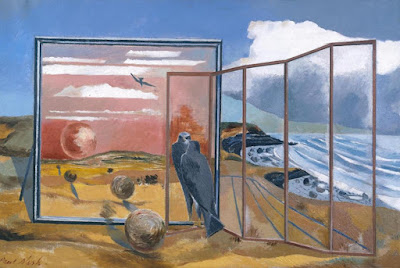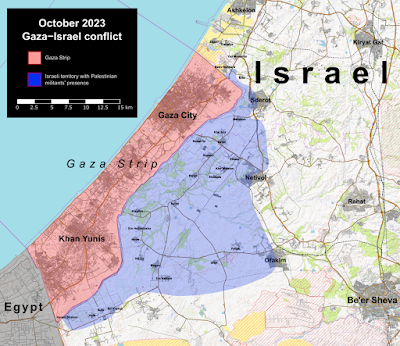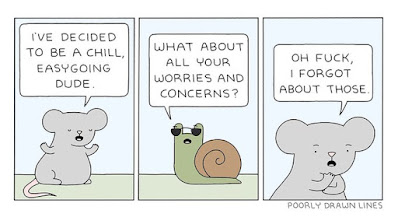Like everyone, I have been following the uproar with House of Commons speaker Anthony Rota and his ineptitude in hosting and applauding Yaroslav Hunka, who as a WW2 Ukrainian teenager was fighting for the Nazis against the Russians.
When this first hit the news, I thought "Doesn't anybody know history anymore? Who couldn't have figured out that of course the people fighting the Russians in Ukraine in WW2 were the Nazis?"
But it's actually not quite that simple.
...Dozens of veterans of the Ukrainian 14th Waffen Grenadier Division of the SS, the Galicia Division, came to North America after the war. As did soldiers from the 15th and 19th Waffen Grenadier Divisions, the Latvian Legion. As did others from Estonia, Lithuania, and elsewhere.
Back then, we considered their actions and, ultimately, welcomed them here. And then we tried to forget about it.
While there are occasions where crying “Nazi!” should be the beginning and ending of the conversation, this isn’t one of them.
...Yaroslav Hunka was 14 years old when Nazi Germany and Communist Russia signed the Molotov–Ribbentrop Pact, invading Poland and divvying up Ukraine. ...
Ling continues to summarize the events of WW2 in Ukraine, the shifting alliances as the war evolved, and how peace was achieved. He concludes:
The Galician Division, like many aspects of the war along the eastern front, is caught in a tension. It exists in a difficult space between one genocidal regime and another.
For those of us in North America, whose democracies sided with one over the other, we often pretend as though the choice was a simple one.
It wasn’t.
The compromise we settled on long ago is, I think, a good one: For those who fought with the SS in Eastern Ukraine and the Baltics, we looked for evidence of war crimes and, finding none, we accepted that war is hell. We let these men go about their lives, without ever forgetting that history. We chose not smear that fight for independence — which is still happening today in Ukraine — with the decisions made during the war.
Rota’s decision to put Hunka in that gallery upset that fragile compromise. The histrionics have only made things worse.
As Shkandrij concludes: “The force’s controversial, complex, and long story presents contemporaries with a range of lessons and challenges, and obliges them to consider how a previous generation reacted when trapped in the maelstrom of war.” ...











